On 15 November, Macquarie University will commemorate the vital connection between teaching and research during the 2023 Academic Staff Awards ceremony. Attendees will gather to recognise the awardees of both the Vice-Chancellor’s Learning and Teaching Awards and the Research Excellence Awards.
We extend a warm invitation to all staff to register and come together to celebrate our exceptional colleagues.
Over the upcoming five weeks, we will spotlight the achievements and influence of the finalists. We begin with ‘the enrichers’ – educators and researchers that go above and beyond to either inspire and support Macquarie students or change research for the better.
Vice-Chancellor’s Learning and Teaching Sessional Staff Award
This award recognises sessional staff for their approaches to teaching and support of learning that influences, motivates and inspires students to learn.
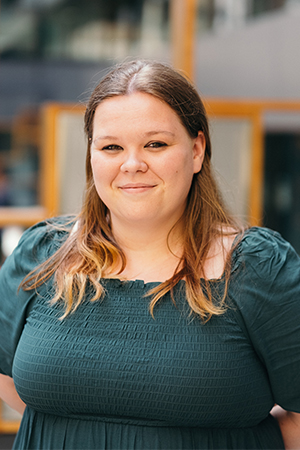 Ms Abbie Hartman, Department of History and Archaeology, Faculty of Arts
Ms Abbie Hartman, Department of History and Archaeology, Faculty of Arts
“Teaching is one of the most enjoyable parts of academia,” says Abbie Hartman.
For Ms Hartman, teaching involves gamifying sources, engaging through multimedia – and fostering equitability and accessibility.
Ms Hartman’s inclusive classroom ensures students feel like active participants in their education, leaving engaged and believing they have gained knowledge in a supportive, accessible environment.
Although traditional lectures and secondary source analysis form most of her Twentieth-Century Europe unit, Ms Hartman has increased participation and understanding by supplementing her classes with object-based learning.
“I believe that education at the university level should be equitable and accessible for a diverse range of students, particularly those with a preference or requirement for non-traditional modes of learning,” says Ms Hartman. “To foster this, I offer a variety of ways for students to engage with the theoretical aspects of my units, including podcasts, popular culture representations and presenting information orally and visually.”
Not only are learning outcomes improving, students recognise her commitment to inclusivity: “Abbie was supportive of students with learning disabilities like myself. She put extra effort into supporting us and ensuring we had all the tools we needed to get the most out of her content.”
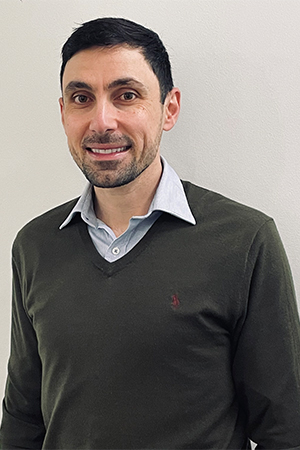 Mr Camille Rahme, Department of Chiropractic, Faculty of Medicine, Health and Human Services
Mr Camille Rahme, Department of Chiropractic, Faculty of Medicine, Health and Human Services
No one cares how much you know, until they know how much you care – Theodore Roosevelt
It’s a sentiment at the heart of Camille Rahme’s teaching and one that mirrors his vision for his students and his own clinical practice.
“True person-centred clinical care requires topic expertise, empathy and understanding of one another,” he explains.
To achieve this understanding, Mr Rahme embraces the challenges facing his students at each stage of their learning journey.
For example, first-year students may feel anxious or uncomfortable when faced with physical examinations by or of their peers. And students at the pre-professional stage can be overwhelmed when preparing to transition to practice.
“I wholeheartedly embrace these challenges to assist students, and in doing so have gained a better understanding of their attitudes and self-perception – essential for developing professionalism and improving clinical interaction,” he says. “A true sense of belonging and connectedness are essential ingredients for my students to effectively engage and bring their best selves to class.”
Mr Rahme’s welcoming and kind disposition, along with his team-building exercises, creates a nurturing, supportive and inclusive environment that promotes a positive attitude towards participation. And by empowering his students to understand complex interventions, he promotes autonomy, problem-solving and collaboration.
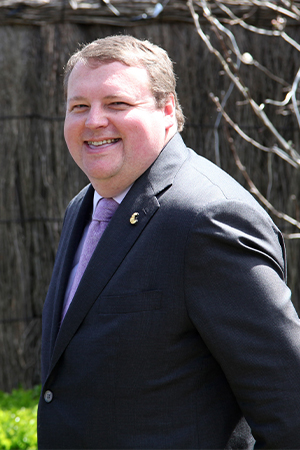 Dr Brett White, Department of Management, Macquarie Business School
Dr Brett White, Department of Management, Macquarie Business School
Having introduced almost 8000 students to Macquarie through Principles of Management since 2020, Dr Brett White’s goal is to help students enter academia and give them the tools they need to succeed.
He achieves this by developing engaging and unique activities, for example, adapting three core university skills: research (‘good-awesome-rubbish’ activity), working in groups (‘ghosts are real’ social loafing activity) and presenting (‘spot the difference’, an artificial intelligence activity).
The impact is palpable: one student claimed his essay guide was so good, she would use it for every future unit: “Thank you for writing the best essay guide ever.”
“I believe in helping students master the fundamentals to excel in advanced learning,” says Dr White. “Learning is a collaborative process and students can enhance their understanding by sharing ideas, questions and thoughts within a group setting.”
Dr White’s introduction of two-hour tutorials and a mentoring program for new sessional staff have also positively impacted learning and teaching. The two-hour tutorial format allows for more flexibility in teaching strategies, greater coverage of material and the chance to develop deeper, more nuanced activities.
The mentoring program, which offers personalised support for new tutors, is now being developed for all sessional staff in Macquarie Business School.
Excellence in Higher Degree Research Supervision – Supervisor of the Year Award
This award recognises our outstanding Higher Degree Research (HDR) supervisors who enable our HDR candidates to achieve their highest potential.
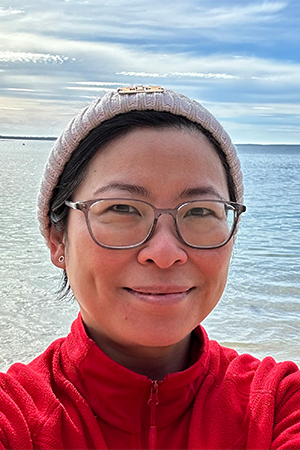 Associate Professor Alice Chik, School of Education, Faculty of Arts
Associate Professor Alice Chik, School of Education, Faculty of Arts
For Associate Professor Alice Chik, research supervision is as much about human connection as it is about the intellectual.
With initiatives such as encouraging students to chat about their research and opening her home for celebrations, it’s clear that facilitating interaction is one of Associate Professor Chik’s strengths – and the high-calibre output from her candidates attests to just how important it is.
“Higher degree research supervision is as much about respect, trust, care and fun,” she explains. “Talking about a student’s research as they would at a party is helpful to verbalise thoughts and crystallise complex research and theoretical ideas. As students progress in their projects, they frequently exhibit stronger confidence in articulating their research expertise – this is especially empowering for international students who speak English as a second language.”
Since joining Macquarie in 2014, Associate Professor Chik has supervised six Master of Research and six doctoral projects to completion. She aspires to “seamlessly sail across research areas, theoretical frameworks and methodologies by learning with and from my students”.
Dr Yijun Yin, who progressed from master to PhD with Associate Professor Chik, sums up the supervisor’s approach: “The entire process is quite hard mentally and emotionally; I appreciate Alice for making my journey very special.”
 Professor Niloufer Selvadurai, Macquarie Law School, Faculty of Arts
Professor Niloufer Selvadurai, Macquarie Law School, Faculty of Arts
From the moment students start their research journey with Professor Niloufer Selvadurai, they are industrious and meticulous, adhering to firm schedules and redrafting their chapters until they display a sophistication that aligns with the quality of their research.
Most importantly, though, their projects – like Professor Selvadurai’s pioneering research – have purpose. Professor Selvadurai’s philosophy is that each candidate’s research project should address a critical societal need and work towards solving a real-world problem.
“This is what motivates candidates to learn, innovate and flourish,” she explains.
For most of her 24 higher degree research candidates, English is a second language. Yet every person has completed their research on time (or with a formal extension), with a high volume of peer-reviewed journal articles and prizes. And they are in demand – globally.
But this journey isn’t only about their research. Professor Selvadurai is keenly aware of the sacrifices made and challenges faced by PhD candidates and is on hand to offer support – including when one of her international students awaited the delivery of her baby.
“I consider it not merely a duty but an honour to be trusted to share these moments and seek to provide any little comfort I can,” she says.
Excellence in Research Integrity
The inaugural Excellence in Research Integrity award recognises outstanding contribution, leadership or innovation in research integrity by an individual or team.
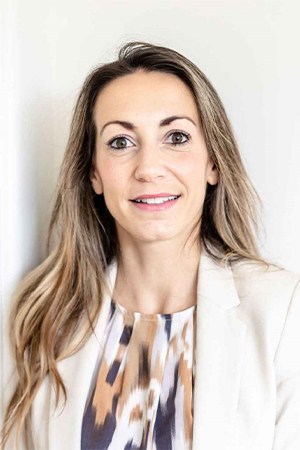 Associate Professor Reema Harrison, Australian Institute of Health Innovation, Faculty of Medicine, Health and Human Sciences
Associate Professor Reema Harrison, Australian Institute of Health Innovation, Faculty of Medicine, Health and Human Sciences
In discovering novel evidence about safety in cancer services for people from culturally and linguistically diverse (CALD) backgrounds, Associate Professor Reema Harrison also employed an innovative collaborative approach that is spearheading a culture of co-design across the wider health services research sector.
“Co-design methods are increasingly applied in academic research, but fraught with challenges in managing power relationships, participation and creating equitable and transparent processes,” she says.
Associate Professor Harrison’s groundbreaking multi-method approach to her four-year CanEngage project positioned healthcare consumers as collaborators in every part of the research process. She says this was critical to achieving the aims of the project and allowed her to produce practical tools and approaches to support consumer collaboration and design into the future.
“With accelerated requirements for collaborative research and awareness of the consequences of poor co-design and co-research practices, the outputs from CanEngage provide critical guidance and exemplars for researchers and clinicians internationally to inform their practice,” says Associate Professor Harrison.
As well as a community of CALD co-designers, CanEngage resulted in 16 peer‑reviewed publications; 23 presentations; media coverage; more than $6 million in associated, leveraged grant funding; and the successful supervision of a PhD project.
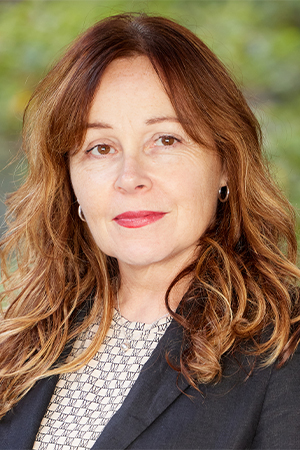 Associate Professor Mianna Lotz, Department of Philosophy, Faculty of Arts
Associate Professor Mianna Lotz, Department of Philosophy, Faculty of Arts
Associate Professor Mianna Lotz has demonstrated exemplary research integrity leadership in her role of Chair of the Faculty of Arts Human Research Ethics Sub‑Committee.
Her work has been guided by a dual commitment to facilitating research while promoting the highest standards of research ethics and integrity; and to building researcher capabilities in managing ethical demands in ways that facilitate trust, mutual benefit and respectful relationships.
“I’ve sought to achieve this via consciously embodying, instilling and supporting an in-practice commitment to research facilitation and researcher empowerment, shaping and implementing the faculty ethics review process to actively support researchers to achieve their aims in ways that are compliant with relevant laws, regulations, guidelines and policies.”
During the past five years, Associate Professor Lotz estimates she has mentored at least 250 reviewers, researchers and supervisors in managing the ethical aspects of research. As well as a deep understanding of ethical and legal standards and the diverse subjects and methodologies of humanities and social sciences research, the role requires strong skills in diplomacy, conflict resolution and conducting difficult conversations. In this work Associate Professor Lotz says she seeks “to ensure a supportive environment that accounts for the vulnerability of students and early career researchers in particular.”

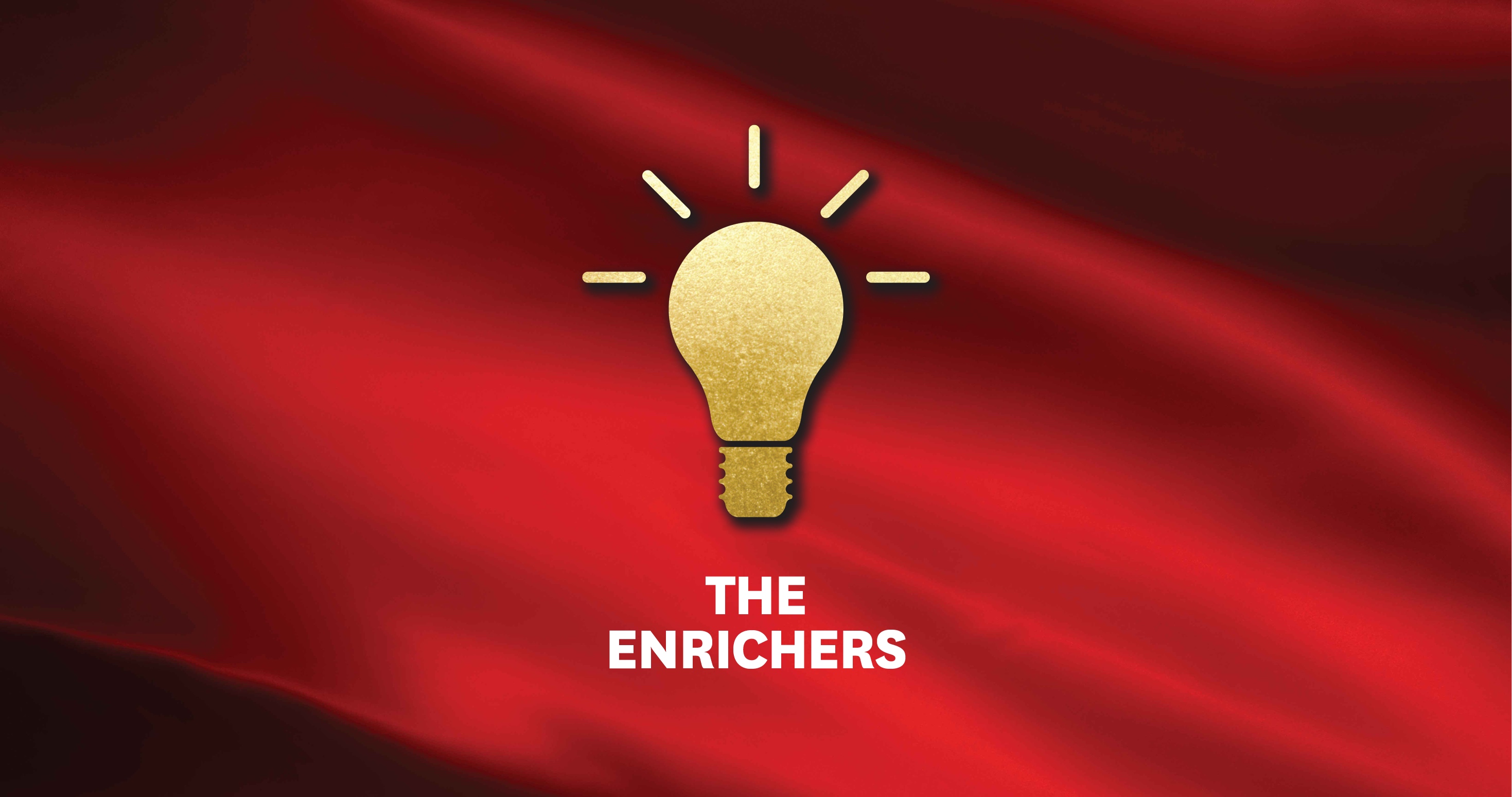
 Back to homepage
Back to homepage